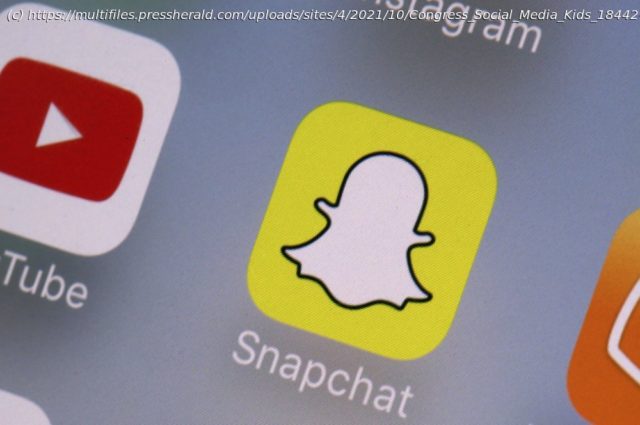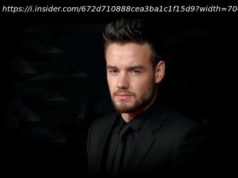They cite harm ranging from eating disorders to exposure to sexually explicit content and material promoting addictive drugs.
WASHINGTON — Senators put executives from YouTube, TikTok and Snapchat on the defensive Tuesday, questioning them about what they’re doing to ensure young users’ safety on their platforms. Citing the harm that can come to vulnerable young people from the sites – ranging from eating disorders to exposure to sexually explicit content and material promoting addictive drugs – the lawmakers also sought the executives’ support for legislation bolstering protection of children on social media. But they received little firm commitment. “The problem is clear: Big Tech preys on children and teens to make more money,” Sen. Edward Markey, D-Mass., said at a hearing by the Senate Commerce subcommittee on consumer protection. The subcommittee recently took testimony from a former Facebook data scientist, who laid out internal company research showing that the company’s Instagram photo-sharing service appears to seriously harm some teens. The subcommittee is widening its focus to examine other tech platforms, with millions or billions of users, that also compete for young people’s attention and loyalty. “We’re hearing the same stories of harm” caused by YouTube, TikTok and Snapchat, said Sen. Richard Blumenthal, D-Conn., the panel’s chairman. “This is for Big Tech a big tobacco moment… It is a moment of reckoning,” he said. “There will be accountability. This time is different.” To that end, Markey asked the three executives – Michael Beckerman, a TikTok vice president and head of public policy for the Americas; Leslie Miller, vice president for government affairs and public policy of YouTube’s owner Google; and Jennifer Stout, vice president for global public policy of Snapchat parent Snap Inc. – if they would support his bipartisan legislation that would give new privacy rights to children, and ban targeted ads and video autoplay for kids. In a lengthy exchange as Markey tried to draw out a commitment of support, the executives avoided providing a direct endorsement, insisting that their platforms already are complying with the proposed restrictions.
Домой
United States
USA — Criminal Senators put YouTube, TikTok, Snapchat on defensive over kids’ use






